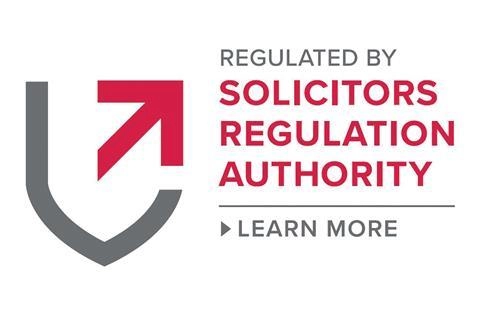If you’ve been charged with a crime and you want to fight the charges, there are a few things that you need to know. One of them is whether or not the Crown Prosecution Service (CPS) will drop your case if they don’t think they can win at trial. This is important because the CPS only has limited resources available to fight cases, so it makes sense for them if they have decided that they cannot win at trial.
In this article, centralchamberslaw.com will discuss why and how CPS can drop charges against you.
No Solid Ground
The crown prosecution service will not drop charges against you if you have a good defense, the police have not investigated your case properly, and there is no evidence against you.
The prosecution may decide that they need to be more confident about their case or are unsure about it. They may also decide they need more time to gather the evidence before bringing any charges forward.
Lack of Evidence
If the crown prosecution service does not have enough evidence to prove their case, they may drop charges against you. The CPS must be able to prove their case beyond reasonable doubt and must have a strong case against you. If new evidence comes to light or someone’s memory changes, your conviction could be overturned.
Suppose you are aware that the CPS has dropped charges against you. In that case, it is important for you to tell the police immediately because this may help them find new information about the crime so that they can bring another charge against someone else who committed similar crimes for justice to prevail.
The Accused Has Repaid the Amount
If the accused has repaid the amount, there is a good chance that the Crown Prosecution Service will drop charges against you.
The amount repaid must be more than what was stolen and without any other financial gain for yourself. This can be demonstrated by showing receipts for any items returned or paid for by cash or if your employer has reimbursed you in full.
Suppose you have made a genuine attempt at repaying your debt but were unsuccessful due to circumstances beyond your control (such as losing money gambling). In that case, this may also count against prosecution.
Similarly, if at some point in time after committing theft, it becomes clear that there’s no hope of ever repaying what was taken from another person , even though they may have still permitted for repayment, then this would also mean that charges won’t be pursued further against them.
You Were Unaware That Your Actions Were Illegal
If you were unaware that your actions were illegal, then it is likely that the Crown Prosecution Service will drop your case. If you thought it was legal but needed to know for sure, then this may not apply to you.
If there’s a chance that what you did was against the law (such as speeding), and if it wasn’t something obvious like driving over 100mph on a motorway), then make sure that no one else has committed similar offenses in the past before going forward with their case against you.
If you genuinely thought that what you did was legal, then the CPS may drop the case. However, if there’s any chance that what you did was against the law (such as speeding), and if it wasn’t something obvious like driving over 100mph on a motorway), then make sure that no one else has committed similar offenses in the past before going forward with their case against you.
No Witness to The Crime
If you have an alibi or other witnesses and evidence corroborating your testimony, then the Crown Prosecution Service may be willing to drop charges against you.
If there is no witness to the crime, then it’s very unlikely they will be able to prosecute. In this case, they would have to rely on circumstantial evidence and hearsay from other people involved in the case who could testify as witnesses.
If you’re charged with a criminal offense and are innocent, it may be possible to get the charges dropped. One way is through a no-comment interview, where you can state your innocence but refuse to comment on other aspects of the case. This can help build up your defense against prosecution.
Evidence Was Collected Illegally
You may have been arrested for a crime that you didn’t commit. The police have evidence against you, but they can’t prove it in court because the evidence is illegal or unethical.
The Crown Prosecution Service (CPS) will try to persuade judges that there is enough evidence to send cases forward to trial, despite this being an extremely difficult task, because they know how much pressure is on police officers and prosecutors not to drop charges.
If you have been charged of a crime, then you must speak to a lawyer as soon as possible. Your defense may be able to challenge the evidence against you and prevent your case from going to trial, where a jury would decide your innocence or guilt.
Mistaken Identity
If you were in the wrong place at the wrong time and were arrested for it, your case may get dismissed. But if you were simply in the wrong place at the right time, then there may still be hope for a dismissal.
Other than all these, there are some cases where you can make the crown prosecution service drop charges against you.
The Crown Prosecution Service will drop charges if they are not convinced of your guilt. They may also drop charges if they think it is in the public interest to do so or if they have doubts about your guilt and think that other evidence would be more convincing than they already have.

